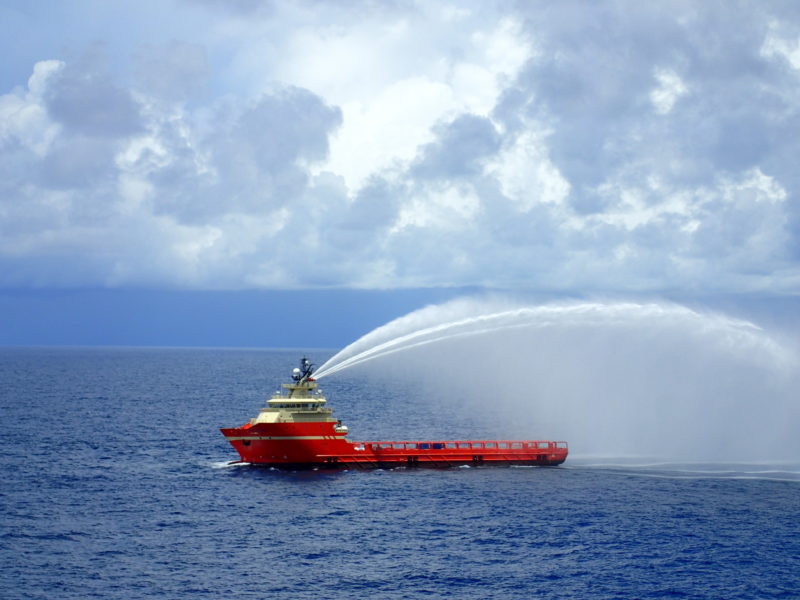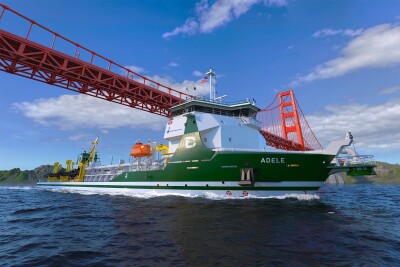It’s difficult to find any blue skies amid the coronavirus devastation, but the pandemic could spur future advancement of one of the offshore industry’s long-sought objectives: full-scale remote operations.
For most of 2020, teleworking, or work from home, has become the new normal instead of workers assembling at work locations. This experience has exposed both the effectiveness and the associated cybersecurity risks of existing remote collaboration tools. Remaining to be answered in the eventual aftermath of the Covid-19 outbreak is the subsequent effect on the continued development of enabling technologies for more secure remotely controlled operations.
“As a cyber researcher, I’m anxious to see how this is going to develop," says Dr. Mate Csorba, global line leader, cybersecurity, for the Digital Solutions Group of DNV GL. “Will it accelerate now, or decelerate because of budget cuts? You can make it secure, but it will be expensive.”
As end users, operators would ultimately foot the bill, but developing the enabling digitization technologies that drive remote operations largely falls on service companies, like Halliburton and Schlumberger. “In fact, both Schlumberger and Halliburton noted in their earnings calls for the first quarter of 2020 that the current downturn could accelerate the adoption of digital technologies,” Daniel Holmedal, an analyst with Norwegian consultancy Rystad Energy, said in May. “This is especially true for technologies that enable remote operations, which remains an area where great cost efficiencies could be realized with more efficient operations.”
Given today’s commodity price environment and limited prospects for low-hanging cost savings opportunities, Holmedal said the industry is looking more toward digital technologies to realize cost efficiencies. For operators with reasonably sound balance sheets, low oil prices makes it a good time to experiment with new well construction technologies, as the cost of implementation is equally low. “Growth (in digital technologies) seems to have mostly centered around remote work, while technologies focusing on optimization of drilling and production seem to have hit some speed bumps,” he said.
However, Nathan Moralez, a BP rig automation engineer, sees the industry eventually building off its experience in using remotely operated vehicles (ROVs) for subsea inspections and specialist oversight. “I see us going to high levels of remote operations, even for some well construction and technical support,” he said during the International Association of Drilling Contractors’ (IADC) Drilling Engineering Committee (DEC) quarterly technical forum held virtually from Houston on June 24.





